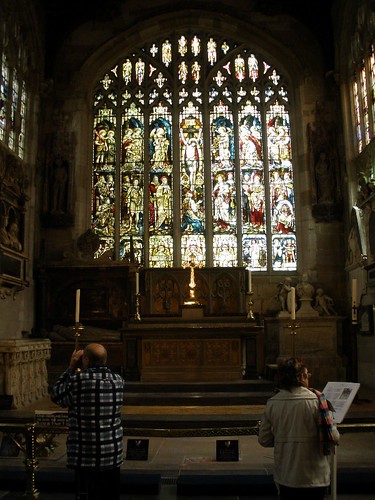I am thinking about doing a Erdington history blog, while i decide here is a little list of 10 fascinating facts about this village i live in.
- Chester Road probably predates the Romans and as you can thus imagine is one of the oldest roads in the area. Between Kenilworth and Brownhills the road follows the route of the ancient Welsh Road.
- The Dwarf Holes were mysterious artificial caves, which were lost due to the construction of the Gravelly Hill Interchange. They may have dated from the Stone Age. They were mentioned in deeds dating from the 15th century in any case.
- The brick factory on Holly Lane supplied the bricks for many of Erdington's houses up until WW2. Twenty million bricks were used to build Fort Dunlop.
- Fort Dunlop was at one time the largest tyre factory in the British Commonwealth, it was built where it was because of the ready supply of water from the River Tame and surrounding fields.
- The murder of Mary Ashford in Erdington in 1817 and the resulting trial ended up with the British legal system being changed after the defendant Abraham Thornton challenged his accuser (Mary's younger brother) to a duel who, as he was just a young lad, declined thus forcing the case to be dismissed. News of this case travelled far and wide, when Thornton tried to emigrate to the US he had a lot of trouble trying to get a ship in Liverpool as the fellow passengers did not want to share the same boat as a "murderer".
- Number 2 Fern Road was the last house with a thatched roof in Birmingham though it's roof was replaced in 1944 due to the fire risk.
- Six Ways is reputed to be the oldest traffic roundabout in the UK.
- In the 1900s Birmingham Council planned to build a gas works on the Glenthorne estate, luckily they built the Birches Green housing estate instead.
- The Acorn Hotel was located on the High Street on the junction of Church Road up until the Second World War, a pub called The Acorn occupies part of the same site.
- Two companies bid for the railway line from Birmingham to Sutton Coldfield, the winning company building what is now the Cross City Line. The alternative plan envisaged a rail route to Erdington that would have gone along the Tyburn Road and Wood End Lane with stations on Mason Road and Orphanage Road.
Bibliography
Arkinstall M & Baird P (1976), 'Erdington Past & Present', Birmingham Public Libraries
Baxter M & Drake P (1995), 'Erdington', Tempus
Baxter M & Drake P (2003), 'Erdington Vol 2', Tempus
Maxam A (2008), 'Vintage Images of Erdington Birmingham', Adlard

